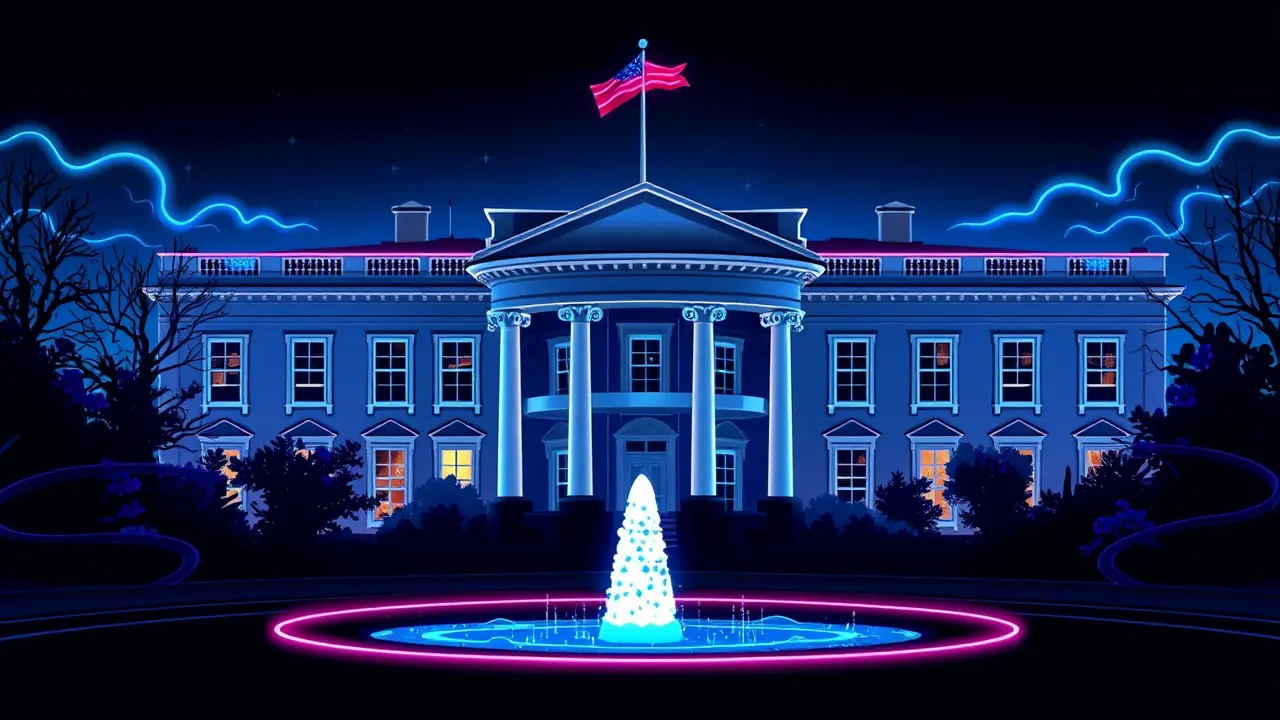
Hottest
PoliticslegislationDigital and Tech Laws
FCC to Reverse Rule Mandating ISP Network Security
OL
Oliver Scott
14 hours ago7 min read
In a move that recalibrates the digital defense posture of the United States, the Federal Communications Commission is poised to formally rescind a landmark Biden-era regulation that mandated specific cybersecurity protocols for Internet Service Providers. This isn't merely a procedural shift; it's a fundamental philosophical pivot from enforceable, standardized security requirements to a framework built upon the voluntary commitments of the ISPs themselves.The original rule, born from a growing consensus among national security experts about the critical vulnerability of America's digital infrastructure, treated broadband networks as essential arteries requiring hardened, uniform protection against a relentless onslaught of state-sponsored hackers, criminal syndicates, and opportunistic malware. Its revocation signals a return to a pre-regulatory trust-but-don't-verify model, where corporate promises and market forces, rather than federal mandate, are expected to safeguard the foundational systems upon which everything from the financial markets to emergency services now depends.Proponents of the reversal, echoing the long-standing arguments of the telecom industry, contend that heavy-handed regulation stifles innovation and imposes unnecessary costs that are ultimately passed on to consumers. They argue that ISPs, with their skin in the game and brand reputation on the line, possess a powerful inherent incentive to fortify their networks without the cumbersome overhead of compliance paperwork and one-size-fits-all technical standards.However, risk analysts and cybersecurity veterans view this development with profound apprehension, drawing parallels to the laissez-faire approaches that preceded other systemic failures. The core of their concern lies in the 'tragedy of the commons' dilemma: while it may be individually rational for a single ISP to minimize security spending to boost quarterly profits, the collective action of all ISPs under-investing creates a cascading vulnerability that threatens the entire nation.A single point of failure in a voluntarily secured, less resilient network—be it a regional provider or a major backbone operator—could be exploited to launch crippling denial-of-service attacks, intercept sensitive communications, or even lay the groundwork for a coordinated shutdown during a geopolitical crisis. The historical precedent is not encouraging; voluntary programs in other critical sectors, from data breach disclosures to financial reporting, have often been characterized by delayed action, opaque practices, and a race to the bottom.Without the deterrent of legal penalty or the clarity of a unified standard, the nation's cyber defenses become a patchwork of inconsistent strengths and glaring weaknesses, a situation that sophisticated adversaries like China and Russia are adept at probing and exploiting. This decision effectively transfers the primary burden of risk management from the regulator to the boardroom, asking shareholders to value long-term security resilience over short-term financial gains—a proposition with a notoriously poor track record.The broader context is a world increasingly engaged in silent, persistent cyber conflict, where the barriers to entry for disruptive attacks are lower than ever. By stepping back from a mandatory rule, the FCC is making a high-stakes bet on the goodwill and competency of corporate America at a moment when the consequences of being wrong are not merely theoretical but potentially catastrophic for national and economic security.
#FCC
#internet service providers
#network security
#regulation
#Biden administration
#voluntary commitments
#hottest news
Stay Informed. Act Smarter.
Get weekly highlights, major headlines, and expert insights — then put your knowledge to work in our live prediction markets.
Related News
© 2025 Outpoll Service LTD. All rights reserved.








